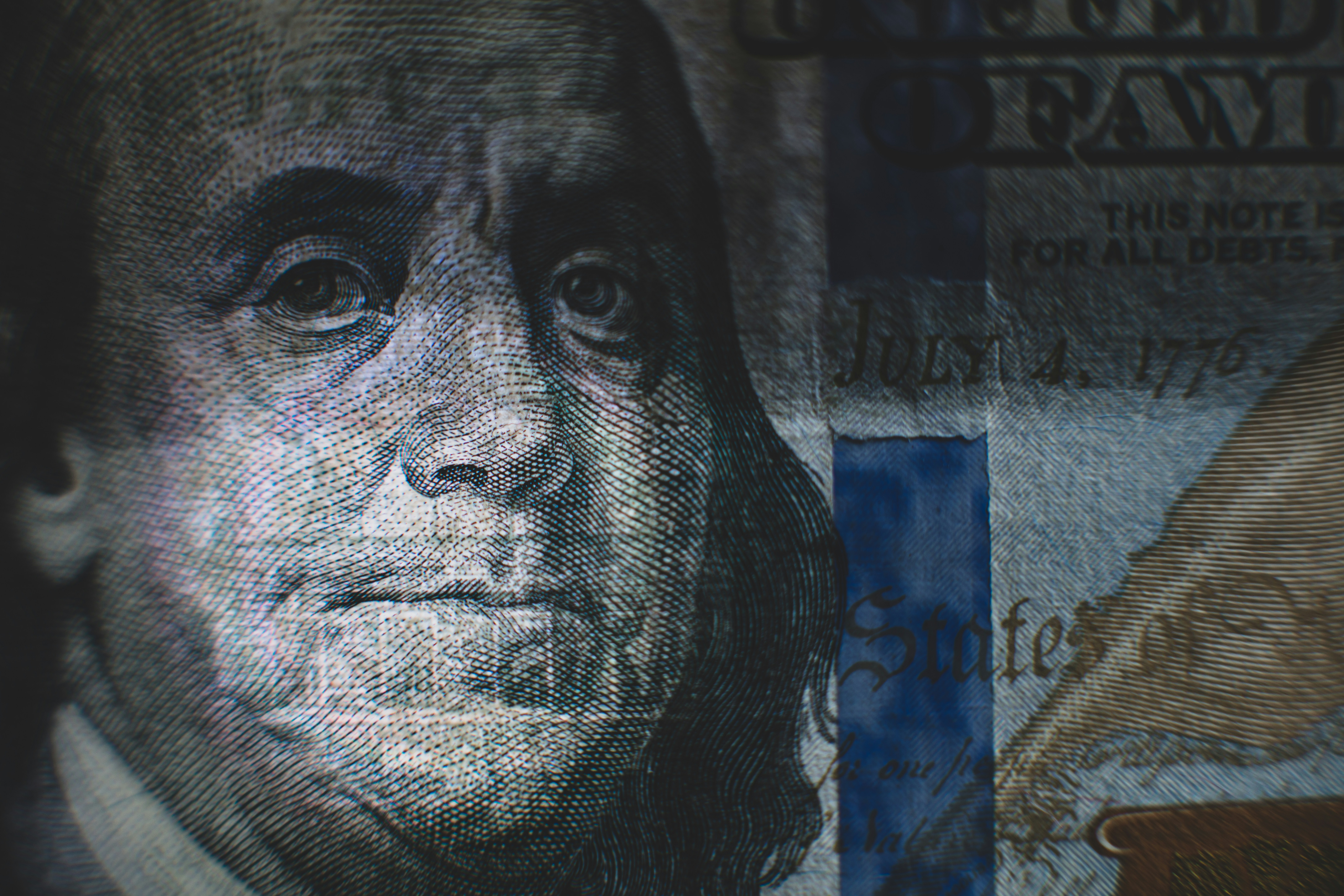By Suhauna Hussain, Los Angeles Times, (via TNS).
[TLDR: In 2020, CA voters approved a proposition related to gig drivers and workers (Uber, Lyft, DoorDash, GrubHub, et al). In 2021, a CA court ruled Prop 22 invalid because of state constitutional issues. This appeals court ruling states the law is valid, except for some language related to amendments. More information on the original Prop 22 is here.]
A California appeals court reversed most of a ruling invalidating Proposition 22, the state’s 2020 voter-approved gig economy law allowing giant ride-hailing and delivery companies to classify their workers as independent contractors rather than employees.
The 1st District Court of Appeal determined Proposition 22 should stand, disagreeing with a 2021 ruling finding that central provisions of the law conflicted with the state Constitution, rendering the law unenforceable, and tossing it out in its entirety.
However, the appeals court struck down a provision of the law restricting certain legislative amendments.
The court found that the ballot measure had improperly defined what constitutes an amendment, in violation of the state constitution’s separation of powers principles. The court severed provisions of Proposition 22 that restrict the Legislature from making future amendments to the law.
The lower court’s ruling, made by Alameda County Superior Court Judge Frank Roesch in August 2021, found that the law conflicts with the state Constitution by restricting the Legislature’s ability to regulate workers’ compensation rules. The ruling also argues that Proposition 22 violates a constitutional provision requiring initiatives to be limited to a “single subject.”
Proposition 22 has remained in effect through the appeals process.
The Protect App-based Drivers & Services coalition, which backed Proposition 22, celebrated the ruling as a “historic victory for the nearly 1.4 million drivers who rely on the independence and flexibility of app-based work to earn income, and for the integrity of California’s initiative system.”
“The Appeals Court upheld the fundamental policy behind the measure,” Molly Weedn, a spokesperson for the coalition, said in an email.
A three-judge panel in San Francisco heard the case in December. During the hearing, Justice Tracie L. Brown questioned the provision in the law limiting legislative amendments on collective bargaining as outside the scope of Proposition 22’s stated purpose and floated the hypothetical idea of striking down the one provision rather than the whole law.
Proposition 22 went into effect at the beginning of 2021. Uber, Lyft, DoorDash, Instacart and other app-based companies spent more than $200 million marketing the ballot initiative to Californians as a boon to workers and customers alike.
For hundreds of thousands of drivers, Proposition 22 preserved the flexible schedules associated with remaining an independent contractor but took away protections granted by a 2019 law, AB 5, requiring gig workers across many industries to be classified as employees with stronger benefits such as a minimum wage, overtime and workers’ compensation in case of injury.
©2023 Los Angeles Times. Visit at latimes.com. Distributed by Tribune Content Agency, LLC.
Thanks for reading CPA Practice Advisor!
Subscribe Already registered? Log In
Need more information? Read the FAQs
Tags: Benefits, Income Taxes, Payroll



